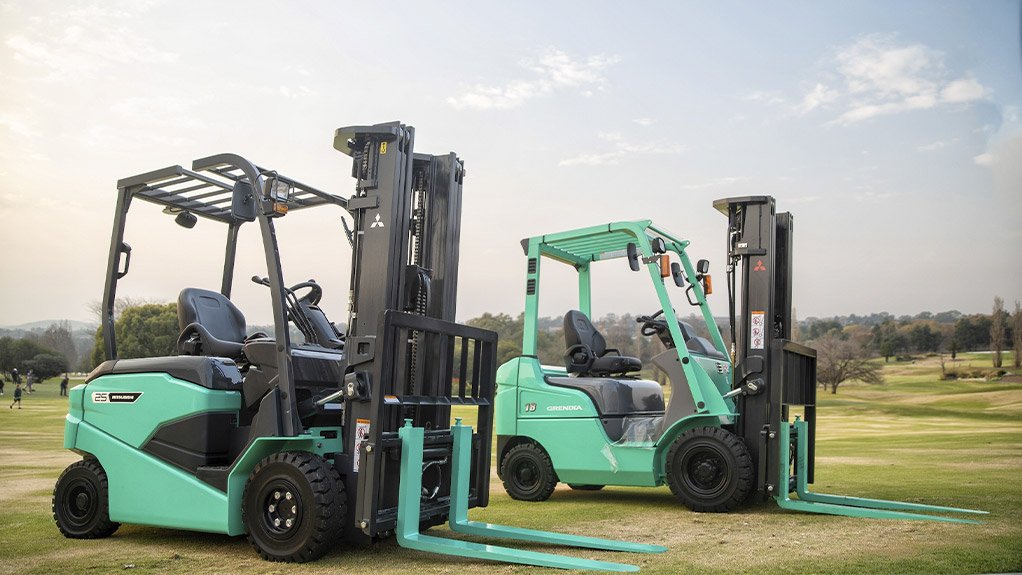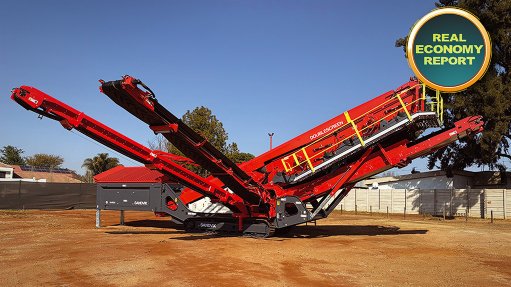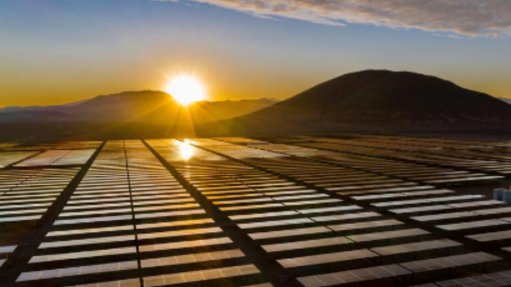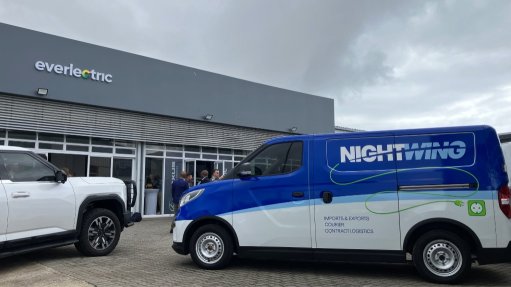Taking a Big Picture Approach to Forklift Costs
This article has been supplied.
Across industries, South Africa is grappling with increasingly difficult economic conditions as the cost of doing business soars. According to Masslift Africa, a long-term view and “bigger picture” perspective is best when managing – and mitigating – material handling costs to ease pressure on the bottom line.
Material handling and warehousing activities that drive key economic sectors such as retail are costing companies more and more. The three main factors driving cost include increasing fuel prices, interest rate hikes and a global rise in cost due to lack of supply over the past two years.
These factors have all had a knock-on effect on the cost of material handling equipment. Costs from factory to shipping and the supply crisis in electronics manufacturing have resulted in higher prices to purchase new forklifts. For example, freight costs alone have doubled since 2020 and in most cases, manufacturers have no choice but to pass this cost on to the customer.
Compounding what is happening on a global scale, local market conditions have also increased the running costs for forklifts. Technicians call out, labour fees, and the cost of spare parts have all increased because of the global factors mentioned but locally, the rise in fuel prices have also made forklifts more expensive to run. The Rand’s rate of exchange has also affected the cost of spare parts. This all points to higher maintenance costs.
These factors make it more important than ever for South African businesses that rely on material handling as a key part of their operations to be operationally resilient says Masslift Africa CEO, Marco Caverni. Caverni states that all these costs can be managed – and to some extent mitigated – but that this will require a long-term view and a look at the full picture.
“The best way to save on material handling costs now is to start looking at the bigger picture and the long-term. We need to say ‘ok, how much is this forklift going to cost me in total over the next 5 years?’ Especially if you’re going to take a conservative approach and assume that market conditions are only going to get worse. Start looking at your 2025 costs and figure out what you can do today to manage what lies ahead,” Caverni advises.
So, what can companies change or implement to manage rising material handling costs? “Start by making sure that your business is structured to look at the full picture over the course of the forklift’s lifespan. The Procurement teams (who purchase forklifts on a finite capital budget) and the Operations teams (who run the forklifts within a pre-determined maintenance budget) don’t align when they should be speaking to each other,” explains Caverni.
Running costs depend on what forklift you are buying and who you are buying it from. If these two departments can better align on making decisions when buying material handling equipment, the business benefits. It's not tough to imagine the impact of considering long-term cost factors such as the forklift’s energy consumption, maintenance requirements, and warranty at the purchasing stage.
A lot of these features differ from supplier to supplier, therefore who you buy from will play a huge part in that big picture. “Quality, to a degree, has been equalised in the market, so there’s no such thing as a ‘bad forklift’ anymore. Therefore, we are urging customers to consider a different perspective and turn their focus to the aftersales services made available to them by their preferred supplier and the long-term value that both the supplier and the OEM can provide.”
To illustrate this point, Caverni lists off the numerous ways in which Masslift Africa curbs costs for their clients – starting with their value proposition. “Simply put, we are selling an internal combustion product that meets the industry’s best quality standards at a price point that is 10 to 25% cheaper on average than our main competitors.”
Beyond the upfront cost, the real value in Masslift’s offering is how they lower running costs over time for their customers. This is thanks to the incredible fuel efficiency of the Mitsubishi Forklift as the fuel savings come in at approx. 0,5 to 1,3 litres per hour which translates to approx. R1500 saved per forklift per month (based on the R25 per litre fuel price).
In terms of maintenance, these forklifts require servicing at 500 hours instead of the 250 hours required by other manufacturers. This halves the downtime required to service the forklift and increases the customers uptime. This is backed by Masslift’s world leading powertrain warranty of 8 years / 12 000 hours.
“The overall product design also affects maintenance. These forklifts are robust and have fewer electronic components and we have found that keeping it simple is better for the South African market given what we all pay for electronic parts. This together with the fuel efficiency makes it the perfect forklift for Africa,” says Caverni. As proof of its robust and reliable operation, Caverni disclosed that Masslift had less than 30 warranty claims on the first 1000 Mitsubishi Ninja Forklifts sold.
“Let’s not forget that we also offer a 50% buyback after 5 years or 5000 hours, whichever occurs first. This technically halves the total cost of ownership,” he adds. “We’ve piled on the long-term value and proven, with our business and pricing model, that we’re here to support our customers and to weather any storm with them.”
Comments
Press Office
Announcements
What's On
Subscribe to improve your user experience...
Option 1 (equivalent of R125 a month):
Receive a weekly copy of Creamer Media's Engineering News & Mining Weekly magazine
(print copy for those in South Africa and e-magazine for those outside of South Africa)
Receive daily email newsletters
Access to full search results
Access archive of magazine back copies
Access to Projects in Progress
Access to ONE Research Report of your choice in PDF format
Option 2 (equivalent of R375 a month):
All benefits from Option 1
PLUS
Access to Creamer Media's Research Channel Africa for ALL Research Reports, in PDF format, on various industrial and mining sectors
including Electricity; Water; Energy Transition; Hydrogen; Roads, Rail and Ports; Coal; Gold; Platinum; Battery Metals; etc.
Already a subscriber?
Forgotten your password?
Receive weekly copy of Creamer Media's Engineering News & Mining Weekly magazine (print copy for those in South Africa and e-magazine for those outside of South Africa)
➕
Recieve daily email newsletters
➕
Access to full search results
➕
Access archive of magazine back copies
➕
Access to Projects in Progress
➕
Access to ONE Research Report of your choice in PDF format
RESEARCH CHANNEL AFRICA
R4500 (equivalent of R375 a month)
SUBSCRIBEAll benefits from Option 1
➕
Access to Creamer Media's Research Channel Africa for ALL Research Reports on various industrial and mining sectors, in PDF format, including on:
Electricity
➕
Water
➕
Energy Transition
➕
Hydrogen
➕
Roads, Rail and Ports
➕
Coal
➕
Gold
➕
Platinum
➕
Battery Metals
➕
etc.
Receive all benefits from Option 1 or Option 2 delivered to numerous people at your company
➕
Multiple User names and Passwords for simultaneous log-ins
➕
Intranet integration access to all in your organisation




















